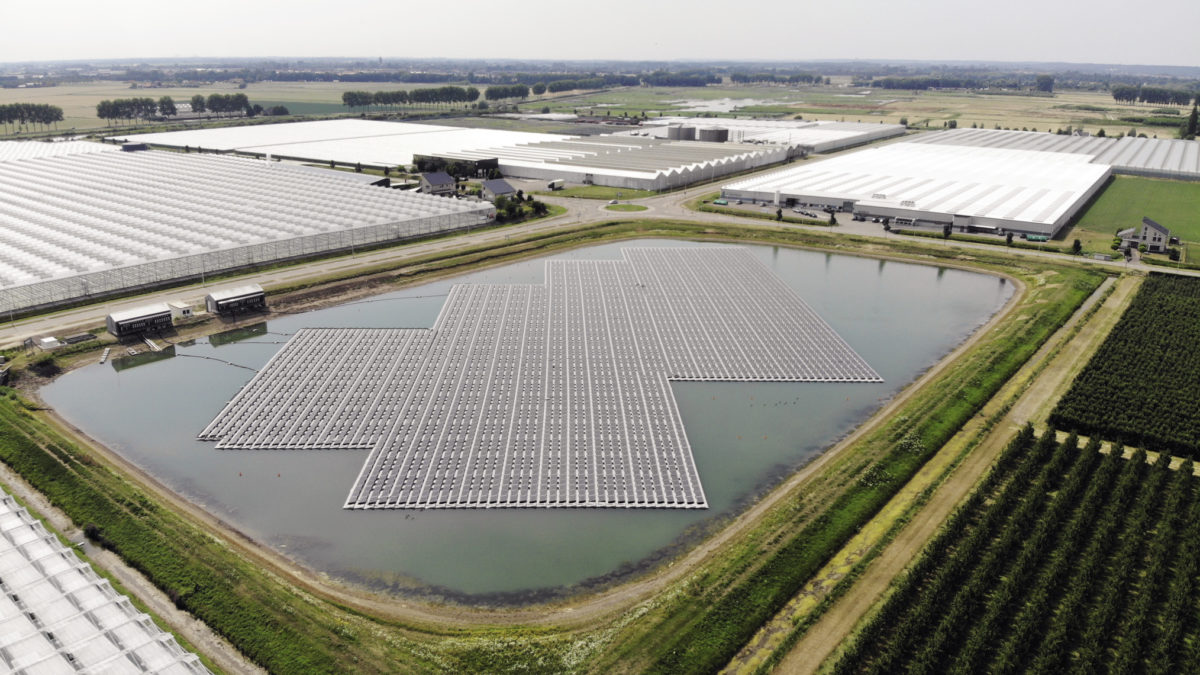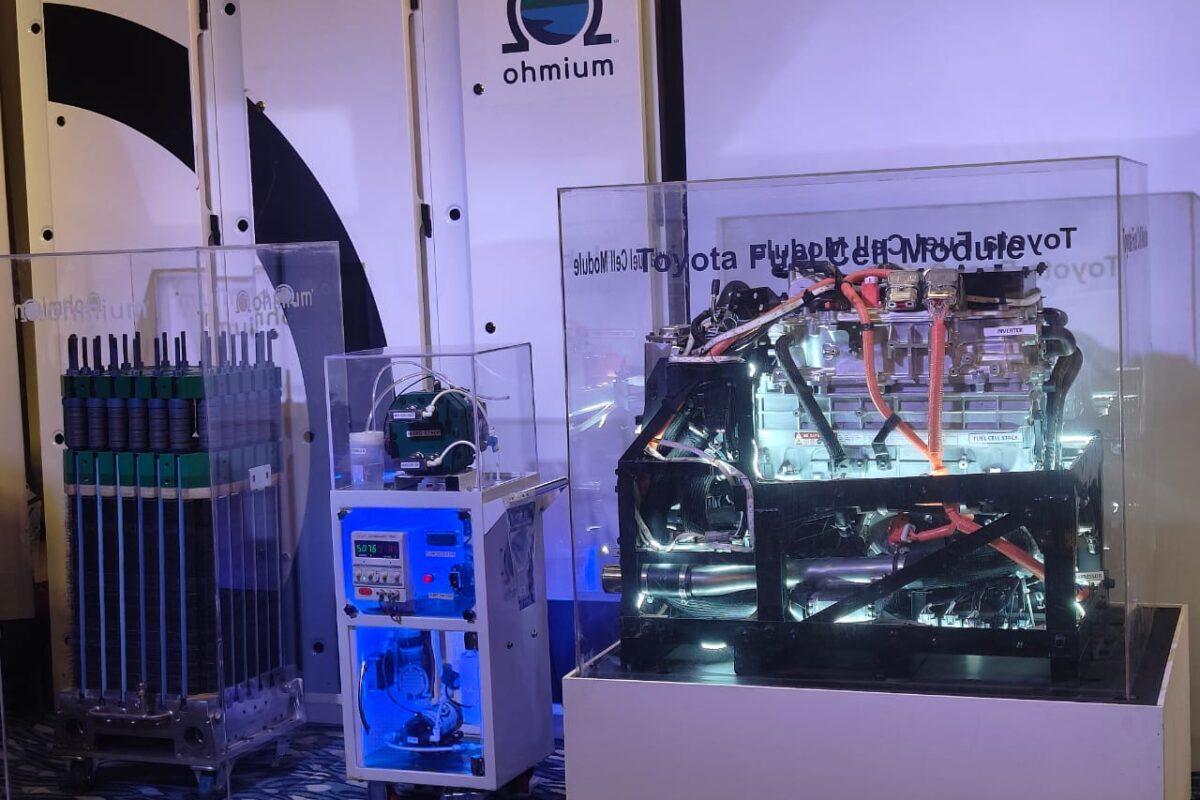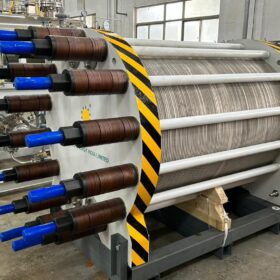The Solar Energy Corporation of India (SECI) has sent the state government of Odisha a proposal for setting up 500 MW of floating solar generation capacity at the Hirakud reservoir.
The national solar body has already had the green light from state officials for the construction of 40 MW of floating capacity at the Chiplima hydropower facility.
SECI’s new proposal follows an agreement in July by state-owned hydropower company NHPC and its Green Energy Development Corporation of Odisha Limited (GEDCOL) subsidiary to set up 500 MW of floating PV project capacity, in 50 MW arrays on reservoirs.
GEDCOL chief managing director Bishnupada Sethi said, at the time of the agreement, floating PV could be a game changer in Odisha as the state has limited access to non-forest, non-agricultural land for conventional solar projects. “The floating solar projects have an inherent advantage of conservation of land and the related cost to acquire and maintain the site,” said Sethi. “Other advantages include a decrease of temperature-related [energy yield] losses due to [the] cooling effect [on panels installed above water] and [a] reduction of water evaporation.”
Odisha, which has only 362 MW of solar generation capacity at present, will need a monumental effort to hit the solar target it laid down in 2016, which called for 2.2 GW of generation capacity by 2022.
This content is protected by copyright and may not be reused. If you want to cooperate with us and would like to reuse some of our content, please contact: editors@pv-magazine.com.









1 comment
By submitting this form you agree to pv magazine using your data for the purposes of publishing your comment.
Your personal data will only be disclosed or otherwise transmitted to third parties for the purposes of spam filtering or if this is necessary for technical maintenance of the website. Any other transfer to third parties will not take place unless this is justified on the basis of applicable data protection regulations or if pv magazine is legally obliged to do so.
You may revoke this consent at any time with effect for the future, in which case your personal data will be deleted immediately. Otherwise, your data will be deleted if pv magazine has processed your request or the purpose of data storage is fulfilled.
Further information on data privacy can be found in our Data Protection Policy.